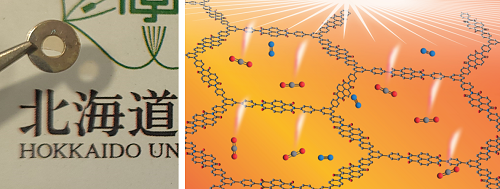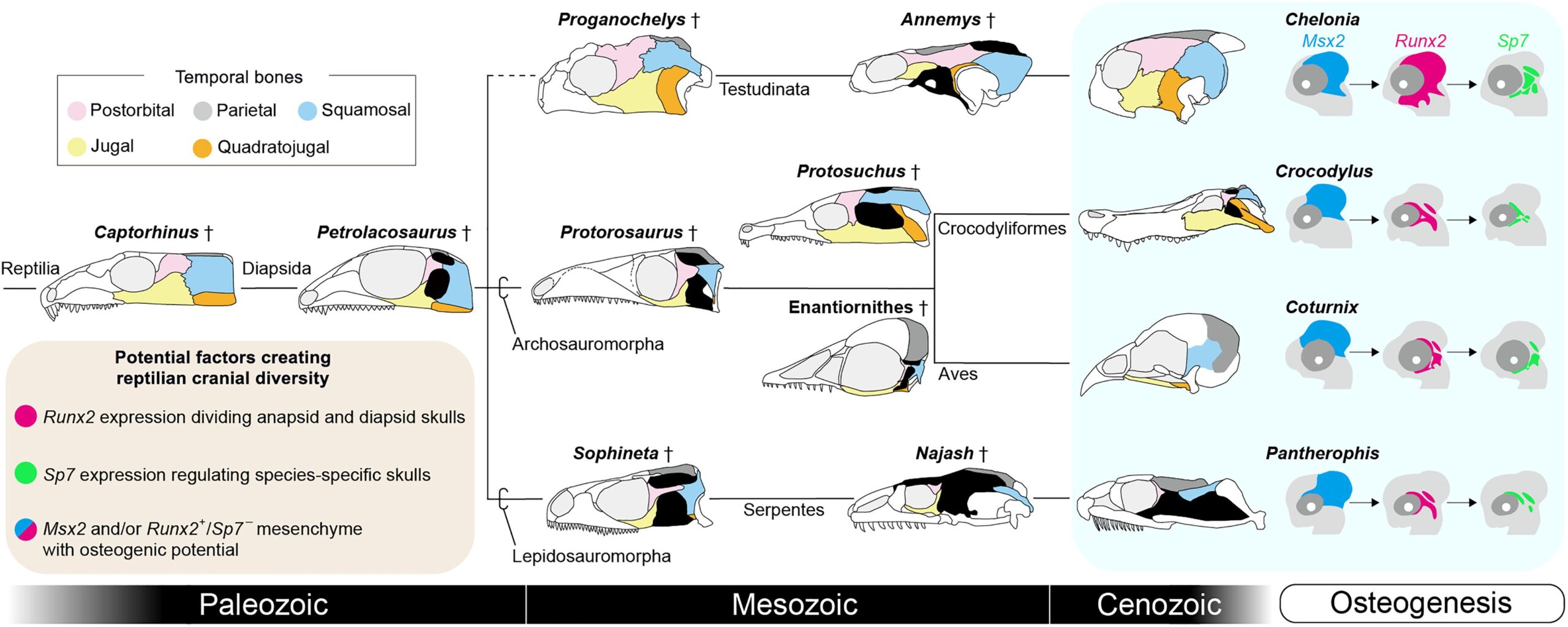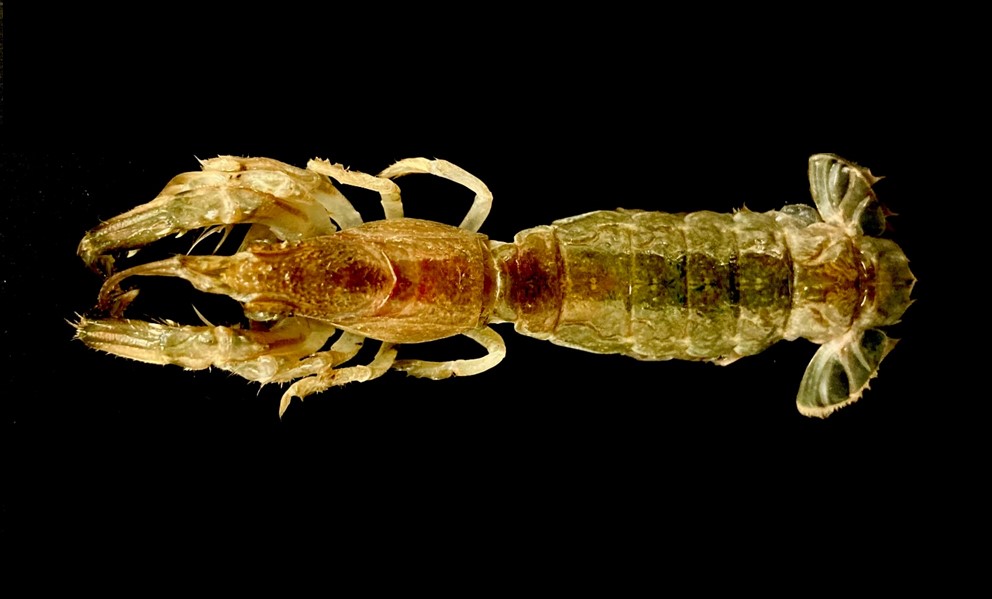Fabrication of Self-Standing Covalent Organic Framework Membrane with Nanoscale Thickness Control
A step towards futuristic CO2 separation technology
- By applying the alternating vacuum deposition polymerization, researchers have successfully synthesized COF films with controlled thickness at the nanometer level.
- The high CO2 permeability of the COF films is due to the intermolecular forces between them rather than the gate effect.
- Further refinement of the deposition method can allow for the fabrication of COF films with higher functionality.

Summary
A research group consisting of Dr. Takashi Yanase of the Department of Chemistry, Faculty of Science, Toho University, and members of the Graduate School of Chemical Sciences and Engineering, Hokkaido University, have successfully synthesized covalent organic framework (COF) films with a nanoscale thickness control, via a novel deposition polymerization technique called as alternate deposition.
In this method, a precise control over the ratio of the two precursor molecules during the deposition process results in robust COF films with high chemical resistance and mechanical strength. The synthesized COF films can be easily peeled off from the substrate and used as free-standing films. The COF membrane has numerous nanometer-sized micropores, which can be used to separate gas mixtures.
In this study, the synthesized COF membrane was utilized in the separation of CO2 and N2. The amount of CO2 that permeated through the membrane was more than four times that of N2, indicating that the membrane was highly selective and effective in separating CO2 from the mixture. Quantum chemical calculations revealed that this high selectivity was not due to the gate effect, but rather due to the intermolecular forces between CO2 and the carbonyl groups in the micropores of the COF membrane.
The results of this research were published online in ACS Applied Nano Materials on Wednesday, February 2, 2022.

A research group consisting of Dr. Takashi Yanase of the Department of Chemistry, Faculty of Science, Toho University, and members of the Graduate School of Chemical Sciences and Engineering, Hokkaido University, have successfully synthesized covalent organic framework (COF) films with a nanoscale thickness control, via a novel deposition polymerization technique called as alternate deposition. In this method, a precise control over the ratio of the two precursor molecules during the deposition process results in robust COF films with high chemical resistance and mechanical strength. The synthesized COF films can be easily peeled off from the substrate and used as free-standing films. The COF membrane has numerous nanometer-sized micropores, which can be used to separate gas mixtures. In this study, the synthesized COF membrane was utilized in the separation of CO2 and N2. The amount of CO2 that permeated through the membrane was more than four times that of N2, indicating that the membrane was highly selective and effective in separating CO2 from the mixture. Quantum chemical calculations revealed that this high selectivity was not due to the gate effect, but rather due to the intermolecular forces between CO2 and the carbonyl groups in the micropores of the COF membrane. The results of this research were published online in ACS Applied Nano Materials on Wednesday, February 2, 2022.

The self-standing membrane (left) and the image of the COF membrane separating CO2 and N2 (right)
This work was supported in part by the JST-ASTEP program and the Nanotechnology Initiative, MEXT, Japan.
Title: Free-Standing Nanometer-Thick Covalent Organic Framework Films for Separating CO2 and N2
Authors: Masaki Kato, Ryo Ota, Takashi Endo, Takashi Yanase, Taro Nagahama, Toshihiro Shimada
DOI number: 10.1021/acsanm.1c04048
READ MORE RESEARCH NEWS - SCIENCE
Undergraduate Programs
– Medicine
– Pharmaceutical Sciences
– Science
– Nursing
– Health Science
Graduate Programs
–Medicine
–Pharmaceutical Sciences
–Science
–Nursing
RESEARCH
– News
– Guidelines & Policies
– Support Offices
– Facilities
– Security Export Control
Non-Degree Programs
– Clinical Elective Program
– International Physician Observership Program




